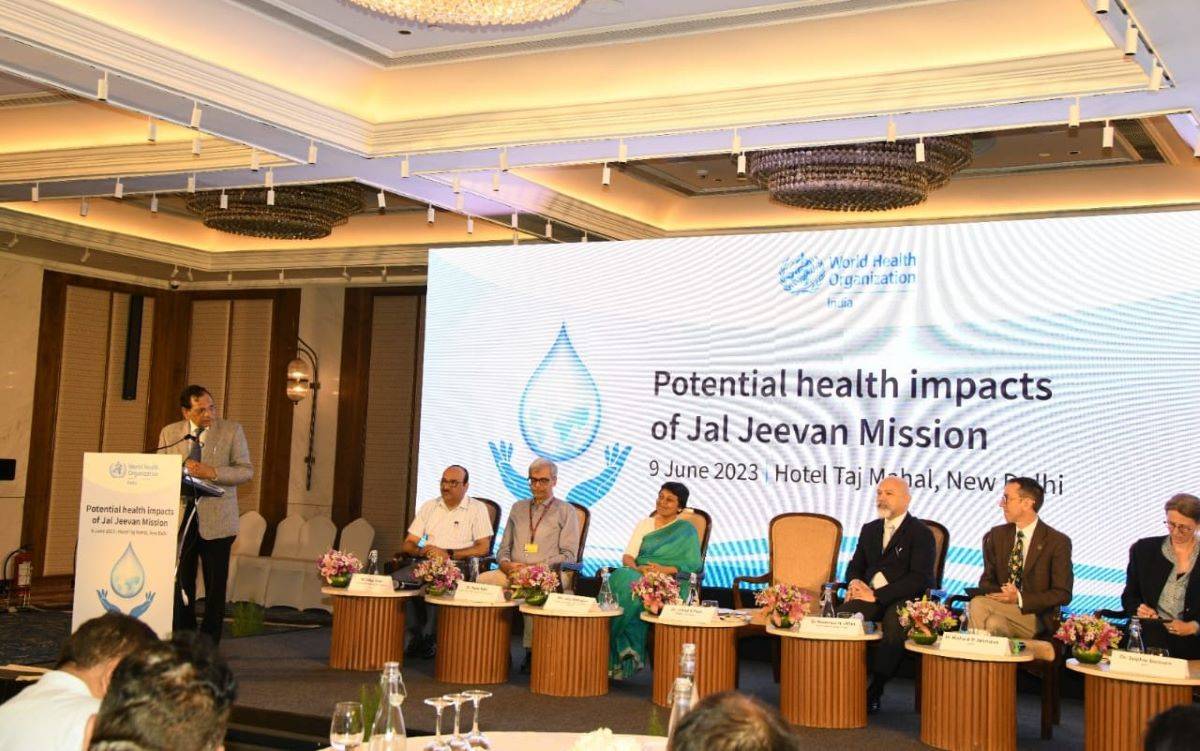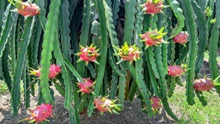
India's 'Har Ghar Jal' program, which aims to provide safe drinking water to every household in the country, has been hailed as a life-saving initiative that empowers women and improves living conditions.
At the launch of a groundbreaking report by the World Health Organization (WHO), Dr. V K Paul, Member (Health) of NITI Aayog, emphasized the direct and transformative impact of the program on individuals and families. The report highlights the significant benefits of ensuring safely managed drinking water for all households in India. It estimates that this could prevent nearly 400,000 deaths caused by diarrheal diseases and save approximately 14 million Disability Adjusted Life Years (DALYs) related to these diseases.
The economic implications are substantial, with estimated cost savings of up to USD 101 billion. Diarrheal diseases were specifically targeted in the analysis as they account for the majority of the disease burden associated with water, sanitation, and hygiene (WASH) issues.
Key government officials and representatives attended the launch event, including Vini Mahajan, Secretary of the Department of Drinking Water and Sanitation, Ministry of Jal Shakti, and Dr. Rajiv Bahl, Secretary of the Department of Health Research and Director General of the Indian Council of Medical Research. Dr. Bahl commended the achievements of the Har Ghar Jal program, highlighting its multiplier effect on health.
The report underlines the urgent need to address diarrheal diseases and the potential for significant improvements in public health and economic well-being. Prior to 2019, water supply in rural areas posed a major challenge, with 44% of the rural population lacking access to improved drinking-water sources on their premises. Consumption of unsafe drinking water had severe health and societal consequences, contributing to 1.4 million deaths and 74 million DALYs globally in 2019.
The WHO monitors indicators related to sustainable development goals, including the proportion of the population using safely managed drinking water services and mortality related to unsafe water, sanitation, and hygiene. The report showcases methods and tools developed by WHO to estimate the health gains associated with improvements in these areas, particularly in reducing diarrheal diseases and related health outcomes.
A noteworthy aspect highlighted in the report is the time and effort saved for women and girls through the provision of tap water. Prior to the implementation of the Har Ghar Jal program, women in India spent an average of 45.5 minutes daily collecting water for household needs. Furthermore, households without on-premises water spent a staggering 66.6 million hours each day collecting water, with the majority of this burden falling on rural areas. The program's goal of achieving universal coverage through tap water provision will significantly alleviate this burden.
During the announcement, Vini Mahajan celebrated the remarkable progress of the Jal Jeevan Mission. She revealed that rural tap water connections had increased from 16.64% in 2019 to 62.84% within a span of 41 months, representing an average annual increase of 13.5%. This progress contrasts sharply with the meager 0.23% per annum increase witnessed previously.









